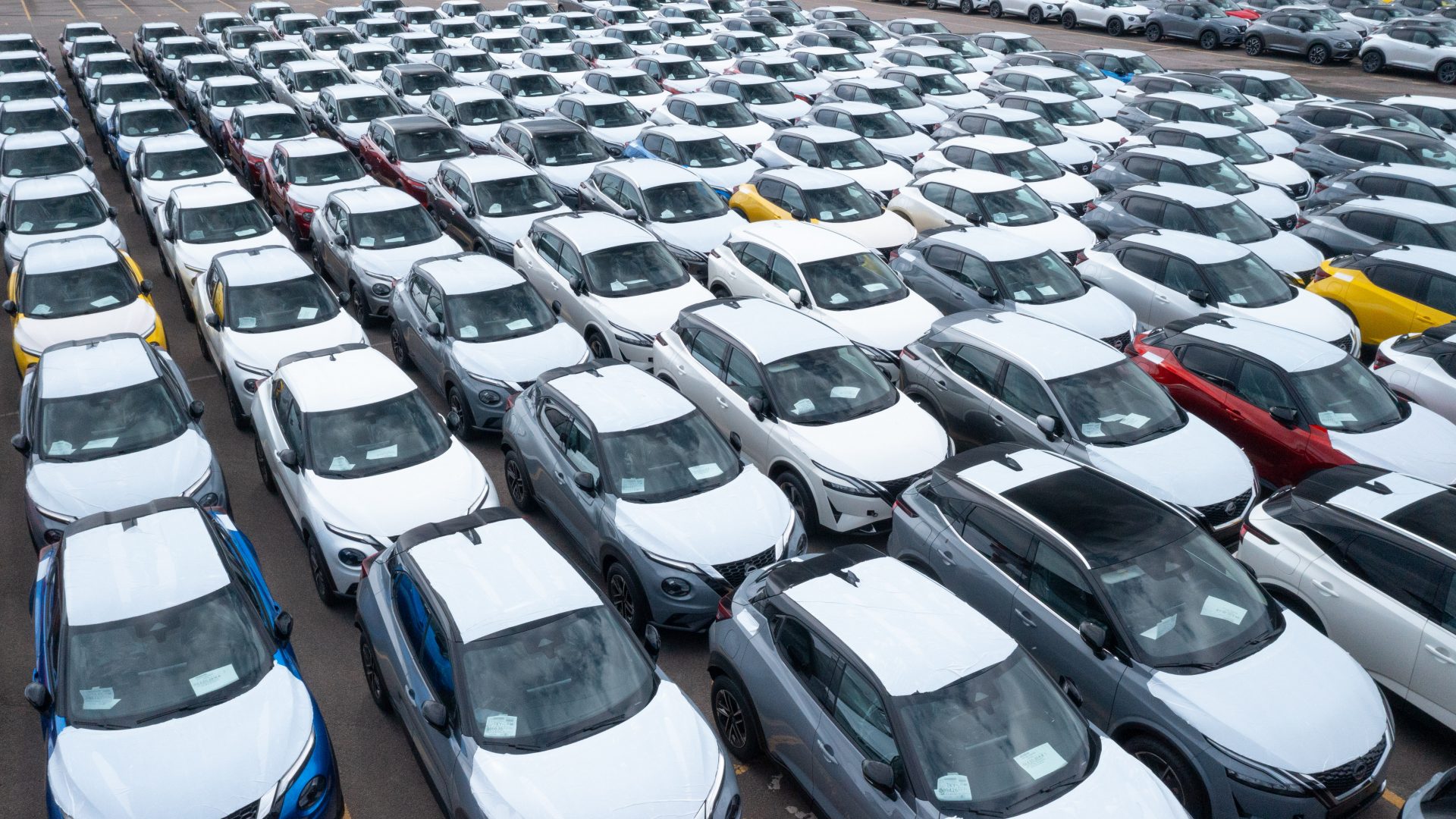Nissan has ‘huge assets’ to compete with the incoming wave of Chinese electric vehicle manufacturers, and welcomes the ‘fair competition’, says a senior vice president from the Japanese manufacturer.
Speaking to Car Dealer during an event at Nissan’s Sunderland plant in the north east, Francois Bailly – who is also chief planning officer for Africa, the Middle-East, India, Europe and Oceania – suggested that while Chinese carmakers do pose something of a threat, Nissan’s upcoming electric models would help the maker remain competitive.
‘I think we need to welcome fair competition from the Chinese, and others,’ he said.
‘But if you look at the concept cars that we have – Hyperpunk, Hyperurban, Chillout – I’m really proud of Nissan. If you look at a lot of the cars on sale today, a lot of the cars look the same, there’s no emotion.’
Bailly also suggested that the importance of an existing dealer network shouldn’t be overlooked, and that newer, incoming brands will face an uphill battle to establish themselves.
‘We have our DNA, our value, we have a lot of dealer network that Chinese brands will have to catch up with. We have huge assets.’
Our chat with Bailly came as Nissan was prepping its British plant for the manufacture of three new, as yet unseen, EVs. As part of what it calls ‘EV36Zero’ initiative, it plans to make fully electric versions of the Juke and Qashqai, along with a new version of the Leaf, at its Sunderland hub.
A total of £3bn has been invested so far, including two new battery manufacturing plants, the re-tooling of an existing one, and the creation of a ‘renewable micro grid’ that will ensure a steady supply of green – and crucially cheaper – electricity on site from solar and wind arrays.
Cost reduction is vital in the face of rivals from China, says Bailly, also pointing to savings found through engineering changes in Nissan’s next generation models. The firm has previously announced its intention to slash the cost of manufacturing electric cars, with some savings being found through sharing parts between its hybrid and fully electric models – a scheme it calls ‘X-in-1’.
‘We need to improve some key things,’ Bailly told us. ‘I will say the 30% cost reduction [in making EVs], this cost parity [with ICE vehicles] is important. We have X-in-1. We have a lot of activities in reducing costs.
‘A lot of my job is to lose sleep at night thinking about the competition, so yes I welcome that. There’s a lot of discussion [about Chinese rivals], but we need to face it.’
































